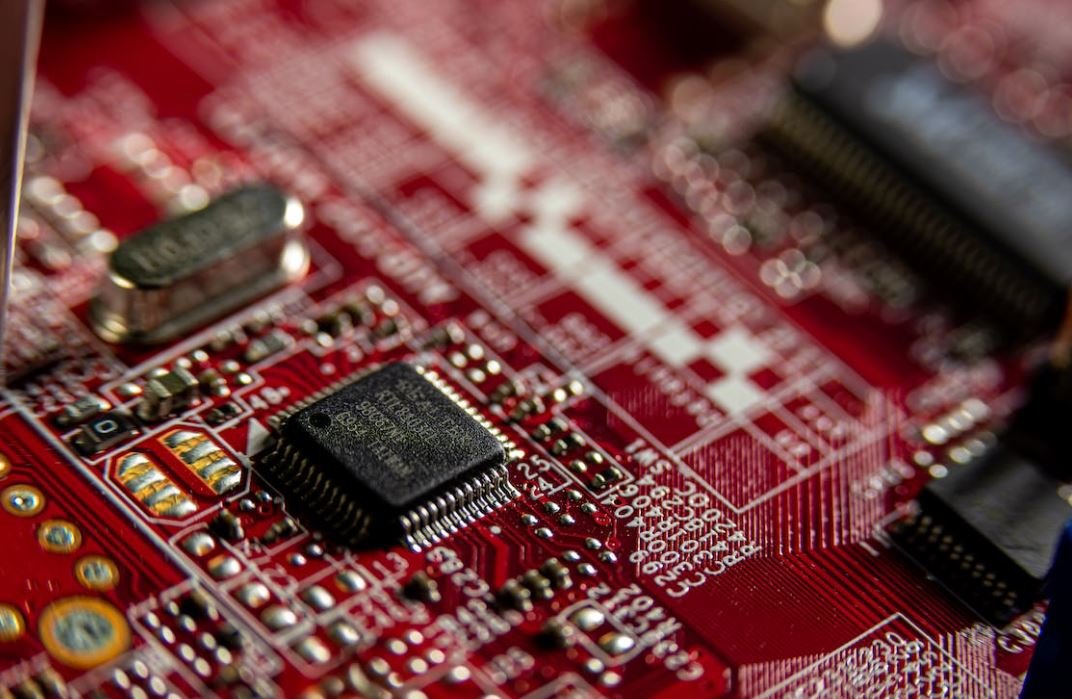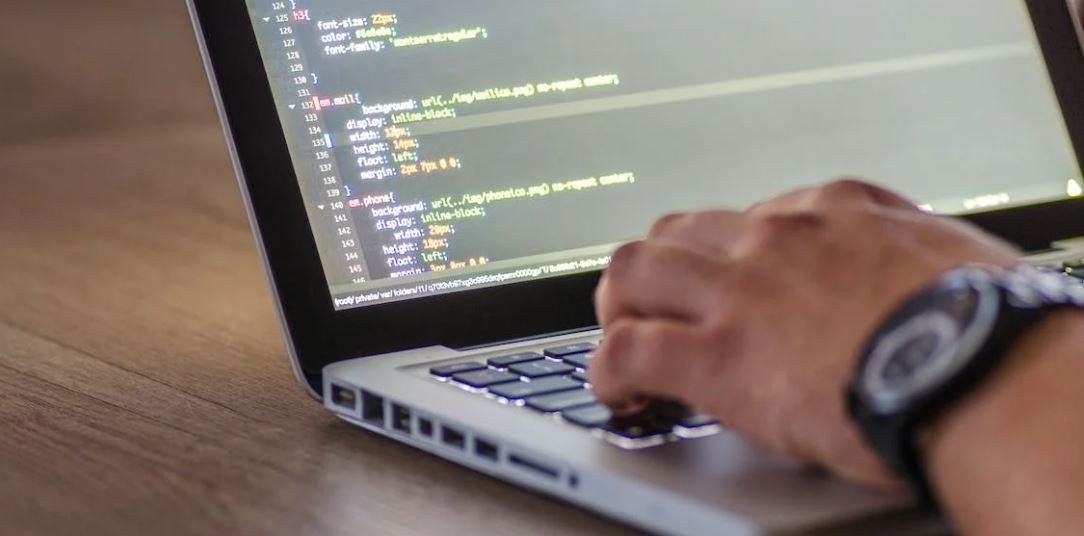How AI Affects Jobs
Artificial Intelligence (AI) is a rapidly advancing technology that is transforming numerous industries, and its impact on the job market is undeniable. As AI continues to improve and automate various tasks, it raises concerns about the future of employment. It is important to understand the potential consequences of AI on jobs and how individuals and industries can adapt to this changing landscape.
Key Takeaways
- AI technology is revolutionizing industries, but it also creates anxiety about job displacement.
- AI can augment human abilities, leading to increased productivity and efficiency.
- Job roles will shift as AI replaces certain tasks, requiring workers to upskill and adapt.
- AI is expected to create new jobs, particularly in fields such as data analysis and programming.
- Government policies and investments are essential to support workers in the age of AI.
The Impact of AI on Jobs
AI has the power to automate repetitive and routine tasks, leading to concerns that it may replace human jobs. While this is true to some extent, it is important to note that AI technology is also capable of augmenting human capabilities, transforming job roles, and creating new opportunities.
**AI has the potential to eliminate up to 73 million jobs by 2030,* including positions in manufacturing, customer service, and transportation. However, it is estimated that AI can also create around 58 million new jobs within the same timeframe,* focusing on areas such as AI development and maintenance, data analysis, and human-machine interaction.
**The shift caused by AI’s automation is expected to disrupt employment across various industries*, requiring individuals to adapt and acquire new skills that complement AI capabilities. Soft skills such as creativity, critical thinking, and emotional intelligence will become increasingly important, as they are less likely to be easily replicated by AI systems.
How to Adapt to the Changing Job Market
While the job market evolves due to AI technology, it is crucial for individuals and industries to stay ahead by proactively adapting and embracing the changes. Here are some strategies to consider:
- **Continuous learning and upskilling** – Invest in acquiring new skills and knowledge that are less susceptible to automation.
- **Embrace AI as a tool** – Recognize that AI can enhance productivity and focus on areas where humans excel, collaborating with AI technology rather than seeing it as a threat.
- **Focus on uniquely human qualities** – Develop and emphasize skills that are difficult to replicate by AI, such as creativity, adaptability, and empathy.
- **Consider career transitions** – Identify emerging job opportunities and consider transitioning to fields that align with AI advancements, such as data analysis, AI development, or digital marketing.
- **Government support and policies** – Governments and institutions should prioritize investing in retraining programs, lifelong learning initiatives, and social safety nets to support workers affected by AI-related job displacement.
Impact on Specific Industries
The introduction of AI technology has significant implications for various industries:
| Industry | AI Impact |
|---|---|
| Manufacturing | Increased automation of production processes, leading to job displacement but also higher precision and efficiency. |
| Customer Service | Chatbots and virtual assistants can handle routine customer inquiries, freeing up human agents to focus on complex and personalized interactions. |
| Transportation | Autonomous vehicles have the potential to disrupt the transportation industry, reducing the need for truck drivers and taxi drivers. |
The Future of Work
The advent of AI technology undoubtedly brings changes to the job market. While some job roles may be replaced, new opportunities will emerge. Adapting to this new workforce landscape requires individuals and industries to embrace lifelong learning, upskill, and focus on uniquely human qualities. By working in collaboration with AI, rather than against it, we can create a future where humans and machines complement each other’s capabilities, leading to a more productive and efficient workforce.

Common Misconceptions
Misconception 1: AI will replace all human jobs
One common misconception surrounding AI is that it will eventually replace all human jobs, leading to mass unemployment. However, this is not entirely accurate. While AI may automate certain tasks and roles, it is more likely to augment human capabilities rather than completely replace them.
- AI allows humans to focus on more complex and creative tasks
- Human supervision and decision-making is often required in conjunction with AI systems
- New jobs are emerging in AI-related fields
Misconception 2: Only low-skilled jobs are at risk
Another misconception is that only low-skilled jobs are at risk of being taken over by AI. While it is true that some routine and repetitive tasks can be easily automated, AI also has the potential to impact higher-skilled jobs that involve data analysis, problem-solving, and decision-making.
- AI can assist professionals in analyzing large amounts of data more efficiently
- Complex algorithms can mimic certain cognitive abilities of professionals
- Professions such as radiology and legal research may be affected by AI advancements
Misconception 3: AI will eliminate the need for human creativity
Many people believe that AI will eliminate the need for human creativity, as machines can generate music, art, and other creative outputs. However, the reality is that AI is more likely to enhance human creativity by providing new tools and possibilities.
- AI can provide inspiration and generate ideas, but human intervention is crucial to refine and interpret those outputs
- Creative industries can leverage AI to streamline production processes and increase efficiency
- AI-generated content often lacks the emotional and contextual understanding that humans can bring
Misconception 4: Jobs created by AI will only benefit a few
There is a belief that the jobs created by AI advancements will only benefit a small group of highly skilled individuals, exacerbating inequality. However, AI has the potential to create a wide range of job opportunities across various levels of skills and expertise.
- Entry-level AI jobs can provide opportunities for individuals with basic technical skills
- AI can enable remote work, offering employment to individuals in geographically disadvantaged regions
- AI can assist with upskilling and reskilling programs to bridge the job skill gap
Misconception 5: AI will evolve independently without human control
There is a fear that AI will evolve and progress without human input or control, leading to potential dangers. However, it is important to recognize that humans play a crucial role in shaping and guiding the development of AI systems.
- AI systems require human input to define objectives, standards, and ethical considerations
- Humans are responsible for monitoring and regulating AI to ensure its safe and ethical deployment
- Collaboration between humans and AI can lead to better decision-making and outcomes

Article Title: How AI Affects Jobs
As Artificial Intelligence (AI) continues to advance, its impact on various industries and the job market cannot be ignored. This article explores 10 intriguing data points and insights about AI’s influence on jobs.
Table 1: Jobs Most at Risk of Automation
By analyzing the vulnerability of jobs to automation, researchers have identified several occupations that are at high risk of being replaced by AI technology. Here are some examples:
| Occupation | Automation Risk |
|---|---|
| Telemarketers | 99% |
| Bookkeeping Clerks | 97.6% |
| Receptionists | 96.6% |
Table 2: Emerging Job Opportunities in AI
While automation poses risks to certain roles, it also creates new employment possibilities within the field of AI. Here are some growing job opportunities:
| Job Title | Projected Growth Rate |
|---|---|
| Data Scientist | 16% |
| Machine Learning Engineer | 96% |
| AI Ethicist | 74% |
Table 3: AI Assistants Impact on Administrative Tasks
AI-powered virtual assistants have transformed the way administrative tasks are handled. Here is a comparison of completion times for common administrative duties:
| Task | Traditional Approach | AI-Powered Approach |
|---|---|---|
| Email Sorting | 2 minutes | 15 seconds |
| Appointment Scheduling | 5 minutes | 30 seconds |
| Document Organization | 8 minutes | 1 minute |
Table 4: AI Applications in Healthcare
The healthcare sector benefits greatly from AI integration. Here’s a glimpse of AI applications in healthcare:
| Application | Advantages |
|---|---|
| Medical Image Analysis | Accurate diagnosis assistance |
| Virtual Nursing Assistants | 24/7 patient monitoring and support |
| Drug Discovery | Efficient identification of effective compounds |
Table 5: Ethical Dilemmas in AI Development
With the rapid advancement of AI, ethical concerns and dilemmas have come to the forefront. Here are some of the key dilemmas:
| Dilemma | Explanation |
|---|---|
| Privacy vs. Data Collection | Striking a balance between personalized experiences and data security |
| Algorithmic Bias | Ensuring fair and unbiased decision-making |
| Job Displacement | Addressing the impact of automation on workers |
Table 6: AI’s Contribution to Customer Service
AI technology is revolutionizing customer service. Here’s how AI systems enhance customer support:
| Advantage | Description |
|---|---|
| 24/7 Availability | AI chatbots can assist customers anytime, day or night |
| Efficient Issue Resolution | Intelligent systems provide quick and accurate problem-solving |
| Personalized Experiences | AI enables tailored recommendations and customized interactions |
Table 7: AI-Powered Hiring Tools
The recruitment process is evolving with the integration of AI technologies. Here are examples of AI tools used in hiring:
| Tool | Function |
|---|---|
| Resume Screening Software | Efficiently filter and rank resumes based on set criteria |
| Predictive Analytics | Analyze large volumes of data to identify suitable candidates |
| Interview Chatbots | Conduct first-round interviews autonomously |
Table 8: AI’s Role in Cybersecurity
AI plays a vital role in enhancing cybersecurity measures. Here’s how AI strengthens defenses:
| Role | Explanation |
|---|---|
| Threat Detection | AI algorithms identify abnormal behavior and potential threats |
| Automated Incident Response | AI systems react and respond to security incidents in real-time |
| Anomaly Detection | AI identifies deviations from standard patterns to prevent attacks |
Table 9: AI in Education
AI’s integration into education provides new possibilities for both teachers and students. Here’s a glimpse of AI advancements in education:
| Advancement | Description |
|---|---|
| Adaptive Learning | AI systems personalize learning experiences based on student progress |
| Smart Content | AI-enabled platforms deliver tailored educational resources |
| Educational Assistants | Virtual AI assistants provide tutoring and guidance |
Table 10: Job Market Impact
The evolving job market reflects the influence of AI technology. Here’s an overview of the impact on employment sectors:
| Sector | Affected Jobs |
|---|---|
| Manufacturing | Robots replacing repetitive assembly line tasks |
| Transportation | Self-driving vehicles affecting trucking and taxi industries |
| Retail | Automated checkout systems and online shopping impacting cashiers |
Artificial Intelligence is revolutionizing the world of work, introducing new job possibilities while simultaneously challenging existing roles. As AI continues to advance, it is essential for businesses and individuals to adapt and seize the opportunities it presents, fostering a workforce equipped with the necessary skills and knowledge to thrive in an AI-driven future.
Frequently Asked Questions
How AI Affects Jobs
- How does AI impact job opportunities?
- AI can automate certain tasks, potentially leading to job displacement in some industries. However, it also creates new job roles and opportunities in areas where human intervention is required, such as AI research and development, data analysis, and programming.
- Is AI replacing human workers entirely?
- No, AI is unlikely to replace every job. While it can automate specific tasks, many jobs require a combination of skills, including creativity, empathy, and problem-solving, which are currently beyond AI capabilities.
- Which industries are most affected by AI?
- Industries heavily reliant on repetitive tasks and data analysis, such as manufacturing, customer service, and finance, are particularly affected by AI. However, professionals in these fields can adapt by acquiring new skills that align with emerging technologies.
- What skills will be in demand in the AI job market?
- Skills such as machine learning, data analysis, programming, and AI ethics will be in high demand in the AI job market. Soft skills like critical thinking, creativity, and emotional intelligence will also become increasingly valuable as they complement AI systems.
- Are there any jobs that AI cannot perform?
- AI currently struggles with tasks that rely on human judgment, creativity, and social interactions. Professions like artists, therapists, educators, and certain medical practitioners require a human touch and are less likely to be fully automated by AI.
- Can AI improve job efficiency?
- Yes, AI can enhance job efficiency by automating repetitive and time-consuming tasks, allowing workers to focus on more complex and strategic aspects of their roles. AI systems can also provide insights and recommendations based on large amounts of data, aiding decision-making processes.
- Will AI lead to mass unemployment?
- While AI may result in job displacement in some sectors, historically, technological advancements have also created new job opportunities. The key is to adapt and acquire new skills that align with emerging technologies to stay competitive in the changing job market.
- How can individuals prepare for AI’s impact on jobs?
- Individuals can prepare for AI’s impact on jobs by continuously learning and upgrading their skills. Acquiring skills in programming, data analysis, and AI-specific fields can help individuals remain valuable in the evolving job market. Lifelong learning and adaptability are crucial.
- What ethical considerations are associated with AI and jobs?
- Some ethical considerations regarding AI and jobs include issues of transparency, fairness, accountability, and bias. Ensuring proper oversight, fairness in AI algorithms, and developing regulations and guidelines that protect workers’ rights are crucial for maintaining an ethical framework around AI utilization in the workforce.
- How can businesses leverage AI without causing significant job losses?
- Businesses can leverage AI without causing significant job losses by focusing on augmentation rather than complete automation. AI can be integrated into existing workflows to enhance productivity and support employees rather than replacing entire job roles. Ensuring a smooth transition and upskilling/reskilling employees can help mitigate job losses.




